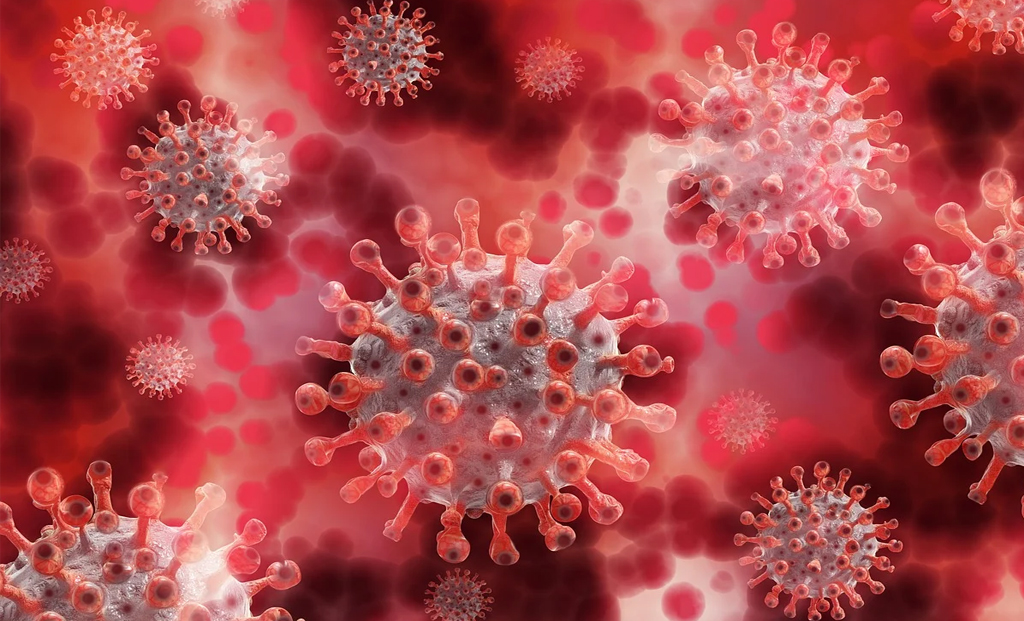According to the CDC, KP.3 accounted for 25% of cases as of June 8. The variant now accounts for about 22% of cases, surpassing the previous dominant variant, KP.2. Both have defeated the leading strain that was in circulation this past winter, JN.1.
The virus that causes COVID, SARS-CoV-2, is known to mutate frequently, so whenever a new variant becomes well-known, it is normal to be concerned.
What you should know about KP.3, including whether or not experts are concerned about its rapid spread, is provided here.
What Is KP.3?
KP.3 belongs to a recently discovered subset of variants belonging to the Omicron lineage of SARS-CoV-2 called “FLiRT.” The FLiRT variants include KP.2 and KP.1.1 in addition to KP.3. Everyone is descended from JN.1.2.
Is KP.3 More Virulent Than Other COVID Strains When It Comes to Illness?
According to experts, there isn’t enough evidence to conclude that KP.3 strains, such as the JN.1 strain or its derivatives, cause more severe illnesses than other strains. Therefore, KP.3 infections should result in symptoms resembling those of other recent COVID variants.
What You Must Understand About the Symptoms of the KP.3 COVID Variant?
Knowing the symptoms of the newly emerging KP.3 variant of COVID-19 is essential for prompt detection and efficient treatment. Although investigations are still ongoing, preliminary reports indicate that people infected with the KP.3 variant may suffer from symptoms akin to those caused by previous strains, such as fever, cough, dyspnea, exhaustion, aches in the body, loss of taste or smell, sore throat, congestion, nausea, and diarrhea. Every person has a different way that their symptoms, and not everyone infected with the coronavirus will show any symptoms at all or just mild ones. There is currently no established protocol on how to handle cases, so anyone with severe symptoms or suspicions that they may have been exposed to it should seek assistance from health officials right away.
When can you get affected by the KP.3 COVID Variant?
Since you have the developed immunity, your body may react to a coronavirus vaccination much less severely. However, since immunization effects can occasionally wear off, you could even experience worse symptoms and conditions. In other cases, you might suffer a great deal if the new strain turns out to be much more potent and penetrates your immune system.
Since coronavirus symptoms can occasionally imitate those of other infections or allergies, getting tested and acting quickly are the most important things to do. If the test results are positive, you should seek medical attention.

